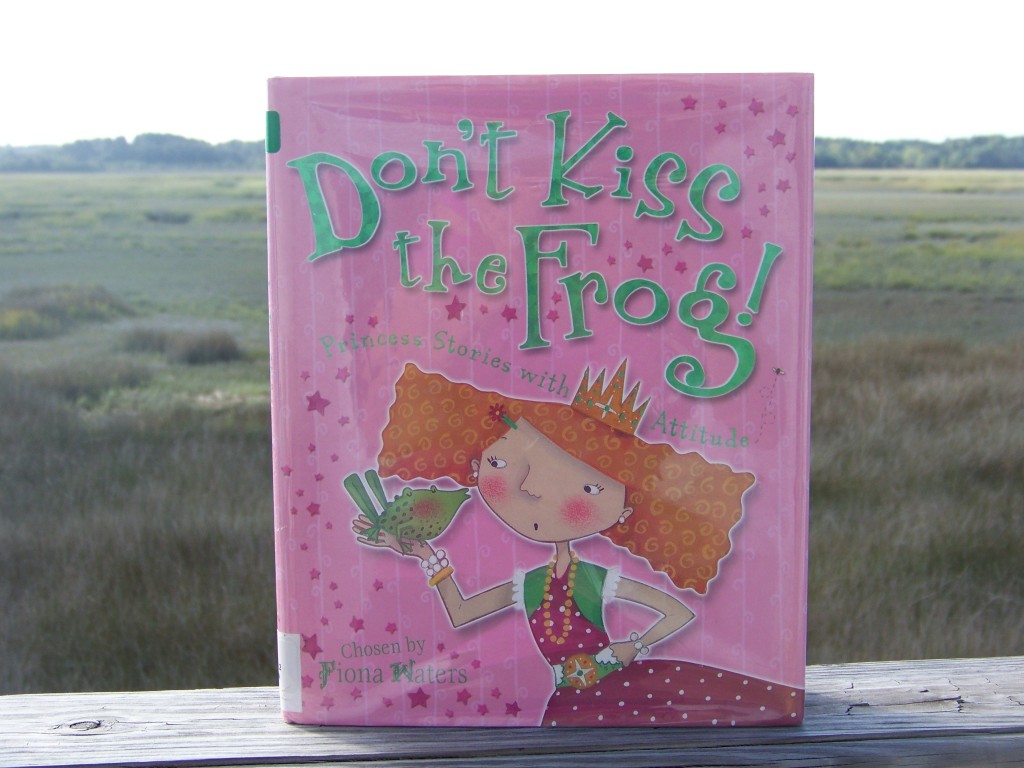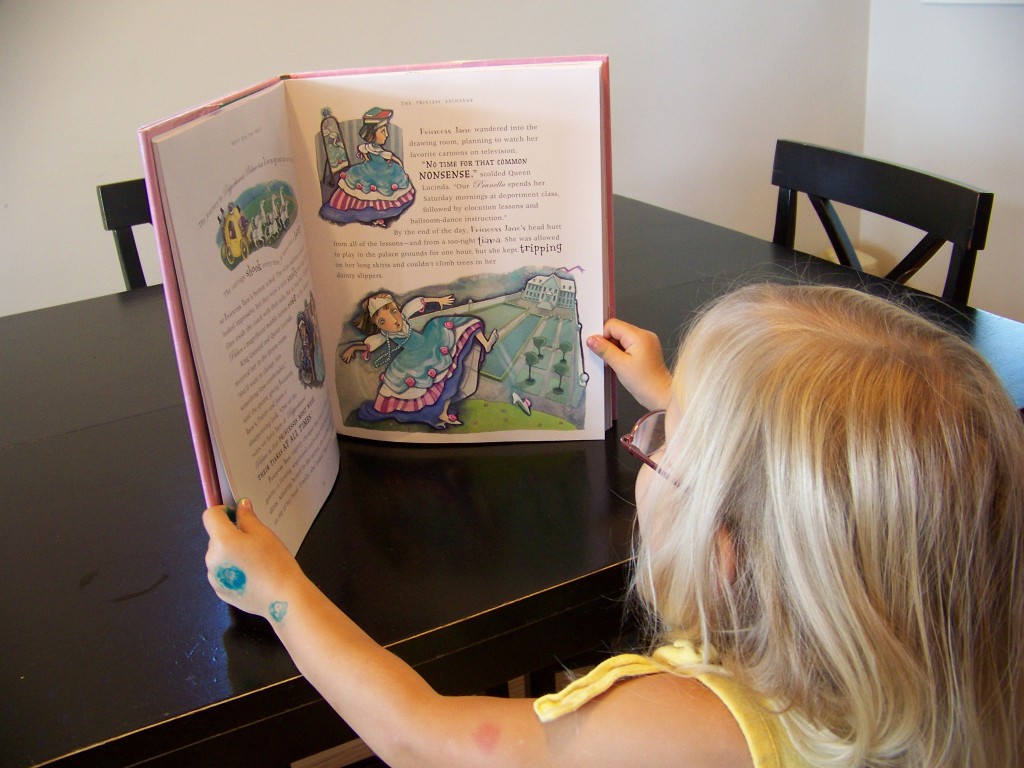 My first two children are boys. Specifically, they are boys who like stereotypical boy things, like cars, smash-them-up games, superheroes with gadgets, and any Legos that do battle.
My first two children are boys. Specifically, they are boys who like stereotypical boy things, like cars, smash-them-up games, superheroes with gadgets, and any Legos that do battle.
Princesses? Not so much.
Then, our baby-girl came along and she is, for the most part, a girlie-girl. She loves pink things, dolls, clothes, Barbies, and princesses, particularly those of the Disney variety.
While her affinity for princesses seemed natural enough, what took me by surprise, early on in parenting a girl, however, were the stories behind the princesses. As a girl myself, I don’t recall reflecting much on princess stories, but as a parent, I now pay more attention.
In some ways, the popular, enduring princess stories are lovely stories, showing kind-hearted women with great wardrobes who realize all of their dreams. The problem in my mind, however, was this notion that persists in many princess stories that love at first sight A). exists and B). will solve all of your life’s problems.
I read these stories to my daughter where the prince would, as the author described it, instantly fall in love with the girl when he saw her, and then his love would permanently save her from any number of atrocities, like death, abject poverty, stepmothers out for blood, and the like. So, essentially, the key to life-long happiness for the princess in these stories was to simply look really good for one full second when the prince first sees her, and then she would be set for life. I could go on for years about the inherent problems with this life strategy.
So, I didn’t stop reading these stories to my daughter, but I did take to heavy commentary during and after our readings. Given this concern with the common themes in princess stories, I was recently drawn, therefore, to a book entitled Don’t Kiss the Frog: Princess Stories with Attitude, which is a picture book with stories complied by Fiona Waters.
The book is a collection of six stories, all about princesses who are neither perfect nor passive in the making of their fates. The princesses all face challenges, but the challenges are less predictable and usually stem from their own weaknesses that they must work to overcome. Sometimes the girl gets the guy, but only if she wants him.
In the story “The Princess and the P.E.,†the princess, with help from a frog prince, overcomes her lack of athletic ability and in the end, decides she likes the frog prince better (and not romantically) when he’s in frog form rather than prince form. Another story, “The Clumsy Princess,†tells of, you guessed it, a clumsy princess who finds her gracefulness in the world of jousting. Or there’s “The Sleepy Princess,†where the princess ultimately chooses a gardener over all the princes who attempt to wake her, after she at least spends a little bit of time getting to know the gardener before falling in love.
 The stories are engaging and the illustrations are colorful, and at times, quite humorous. Plus, even my rough-and-tumble boys tolerated readings of some of the chapters, more than anything curious to figure out the twist in the traditional storyline.
The stories are engaging and the illustrations are colorful, and at times, quite humorous. Plus, even my rough-and-tumble boys tolerated readings of some of the chapters, more than anything curious to figure out the twist in the traditional storyline.
Ideally, this book is for elementary-aged students. My daughter is four, and some of the details were certainly over her head. On the other hand, she still got enough out of it to enjoy it, so it will certainly work if you have children of mixed ages.
So if you feel nauseous at the thought of reading one more story to your kids where the princess rides off into the sunset with an absolute stranger who, with an unbelievable convenience, happens to have his own kingdom, try Don’t Kiss the Frog instead.
My sister, the mother of two young girls, has the same issues with the traditional princess tales. I do, too, but as the mom of a boy I end up reading more books about cars, trains, etc., than princes and princesses. I am writing this one down to get for the girls. It will be beyond them for a while, but great to have in their library. Thank you for pointing it out.
I do appreciate the variety that having a girl has added to our reading, but some of the stories almost make me laugh the way they describe love in particular. I hope your nieces enjoy the book. In the beginning, even if they don’t understand all of the narrative, they will probably like looking at the pictures and will “grow into” the stories.